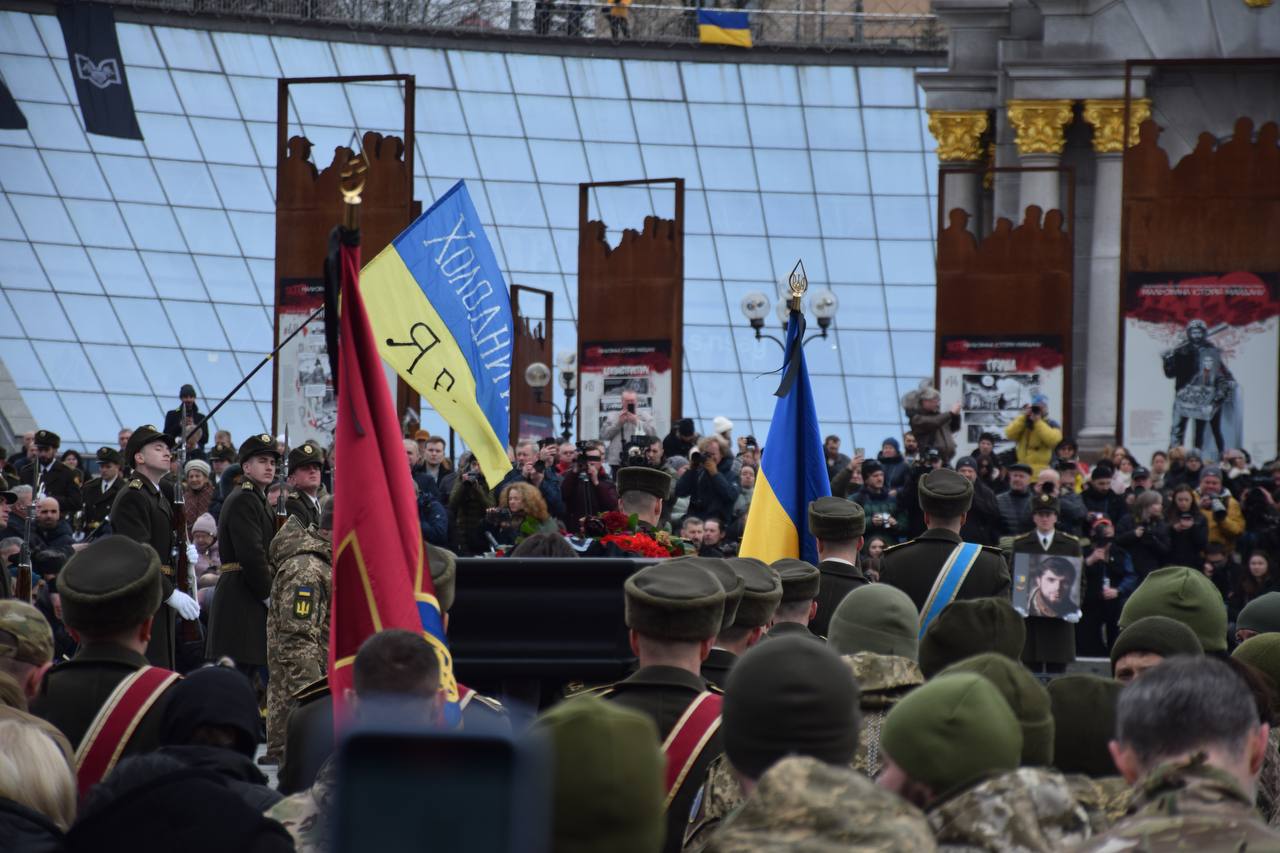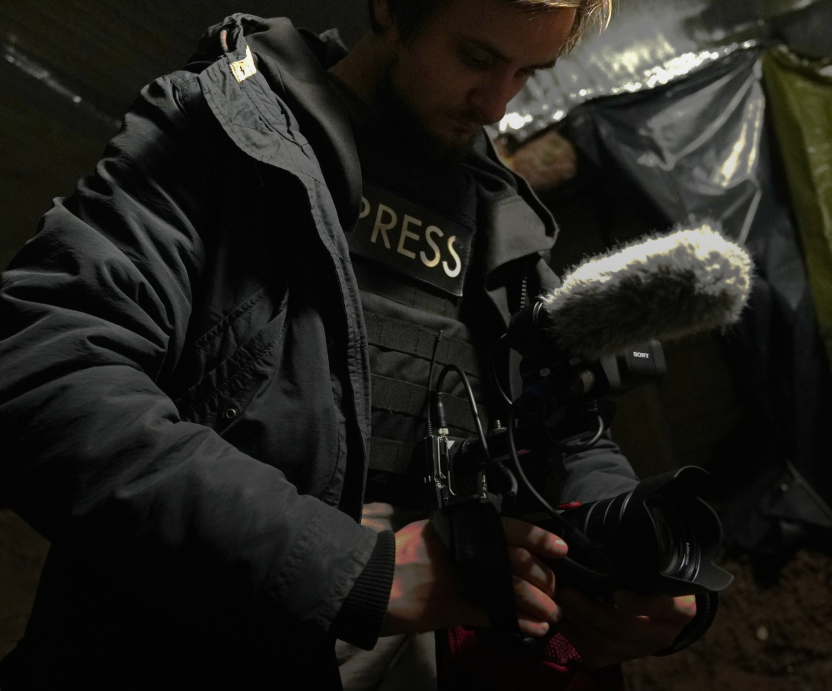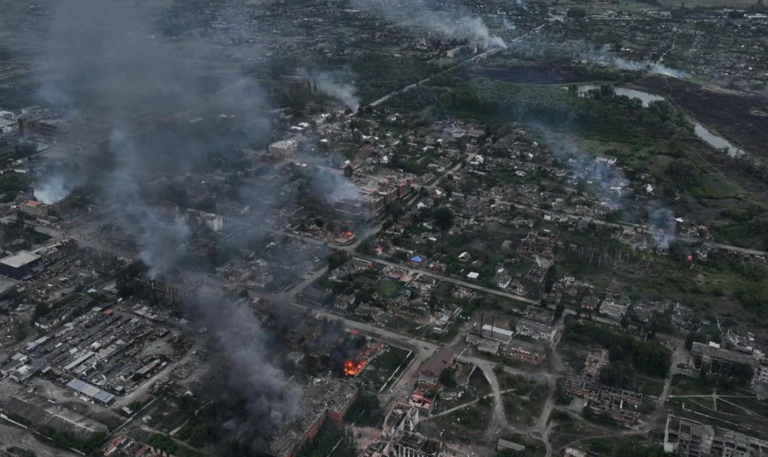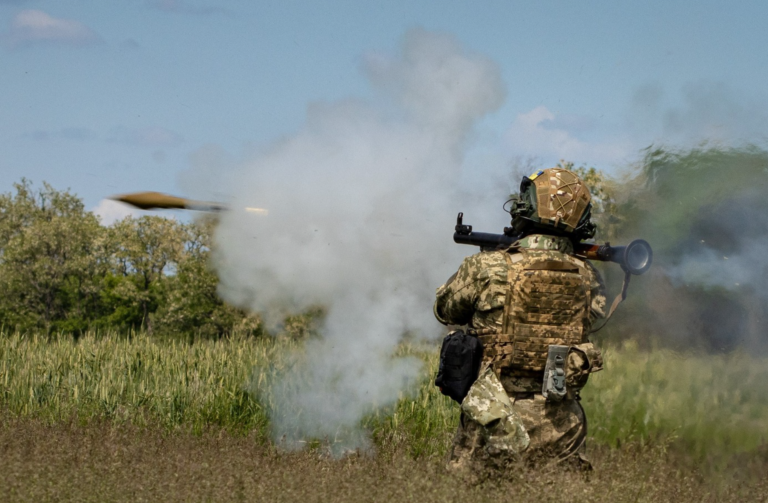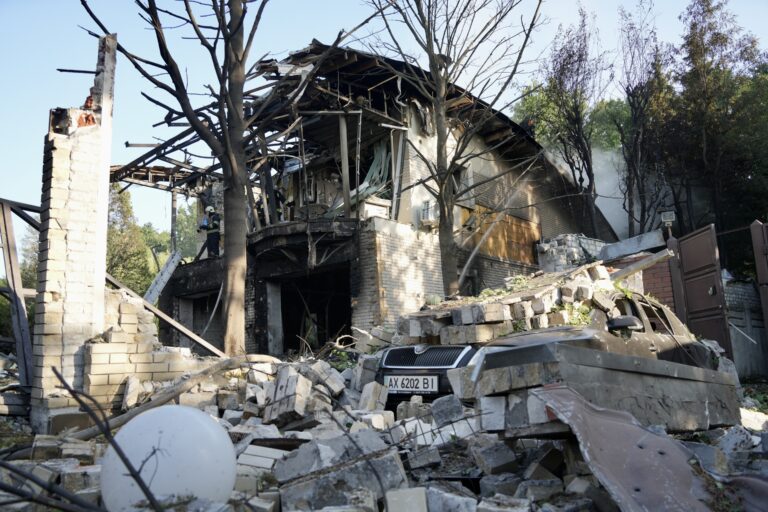The majority of Ukrainians (78%) have relatives or friends who were wounded or killed by Russia’s invasion of Ukraine.
Source: Kyiv International Institute of Sociology
Among those who have such close relatives or friends, the average (median value was used) was 7. On average, such respondents have seven close relatives or friends who were injured or killed.
At the same time:
- 64% of Ukrainians have at least one close relative or friend who was wounded (on average, they have five wounded loved ones),
- and 63% have at least one close relative or friend who has been killed (on average, three close people have been killed).
In all regions of Ukraine, most of the population has close relatives or friends who have been injured or killed by the Russian invasion. The figure ranges from 70% in the East to 80% in the West.
Russia’s war against Ukraine has shaped a tragic collective experience for most Ukrainians. In all corners of Ukraine, most of the population has relatives or friends who have been injured or killed by the Russian invasion. Both Westerners and Easterners are experiencing the same terrible losses caused by Russia. We can talk about the pain of Ukrainians for their losses and their fierce anger at their enemies.
The intense emotional impact of this experience is a factor that, on the one hand, brings different Ukrainians very close together and allows them to understand each other better. On the other hand, it helps to unite Ukrainians to work together to expel the enemy and achieve justice – punishment for the wrongs done.
“Against this background, it is clear why Russian propaganda about “common history”/”common culture” is so futile in Ukraine. In particular, this applies to the “grandfathers fought” theme. Although the Second World War was a great tragedy for Ukrainians, this experience is quite distant in time. Now, Ukrainian families have experienced grief that continues to this day. Therefore, the current emotions are captured long ago “away from Moscow.” In addition, this experience adds resilience and uncompromisingness to possible concessions to Russia – if you have so many relatives and friends who have been injured or killed, how can you talk about benefits?”, Anton Hrushetskyy, Deputy Director of the Kyiv International Institute of Sociology, commented on the survey results.
The survey was conducted via telephone interviews between May 26 and June 5, 2023. Based on a random sample of mobile phone numbers, 2013 respondents living in the government-controlled territory of Ukraine were interviewed.
See also
- Ukrainians keep trusting the military the most. According to a survey by the Razumkov Centre, 93% of Ukrainian citizens continue to trust the Armed Forces of Ukraine, and 86% believe in volunteer battalions.
- New faces after the victory: most Ukrainians want changes in Parliament. After Russia’s full-scale invasion began, trust in Ukrainian state institutions increased, while the issue of whether it was advisable to renew the central government after the victory arose.
